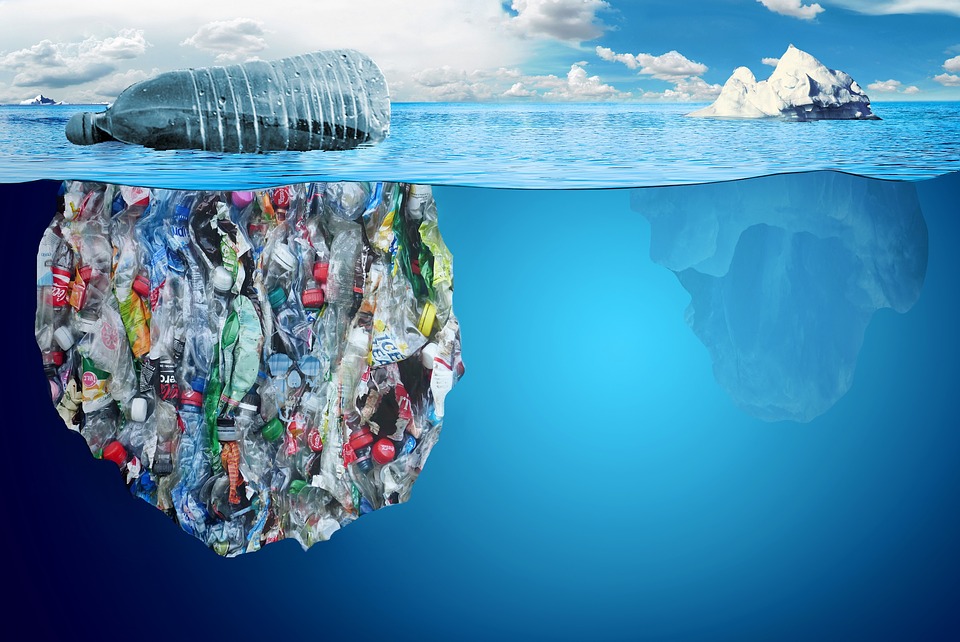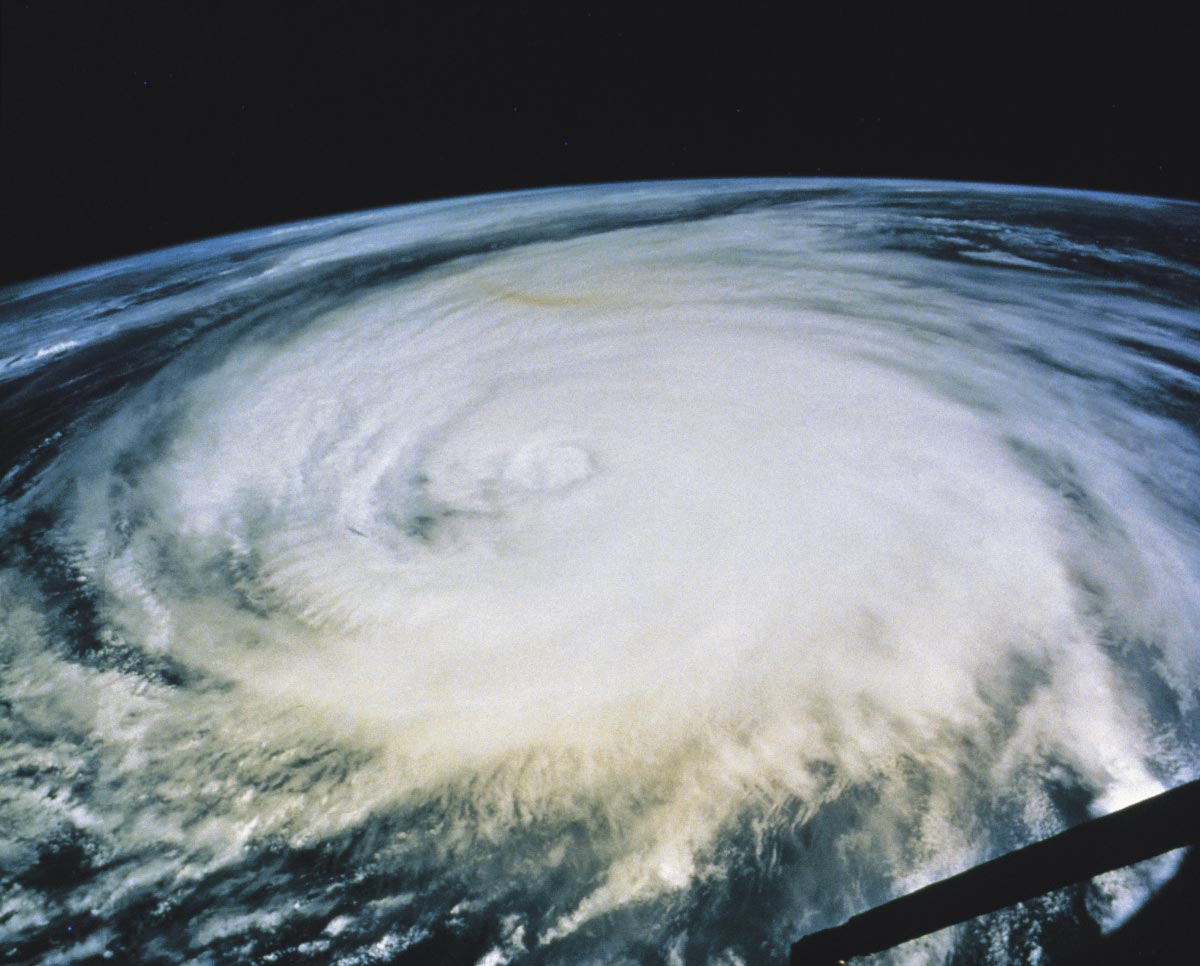How the Associated Press LIES about climate science to push the global warming agenda
03/21/2019 / By Tracey Watson

Isn’t it amazing how “science” somehow keeps changing depending on who’s presenting the findings? Nowhere is this more apparent than in the global warming propaganda that is constantly being presented in the mainstream media as scientific fact. While the media keeps presenting supposedly solid scientific “proof” of global warming, many independent scientists insist that facts do not validate this theory. And, no matter what happens – be it a hurricane, a cyclone, extreme cold or excessive heat – it seems the media will twist the facts to insist that this proves their global warming propaganda.
Global warming proponents also keep subtly changing the language of their propaganda as new facts emerge to disprove their theory. For example, you hardly hear the term “global warming” anymore; lately it is almost always referred to as “climate change” – perhaps because instead of the planet getting hotter as was predicted by people like Al Gore, we are actually seeing record-beating cold weather. Somehow, these scientists insist that the extreme cold in fact proves that our globe is getting hotter.
Perhaps that is also why the Associated Press (AP) recently published an article filled with half-truths and unscientific statements entitled, Heat records falling twice as often as cold ones, AP finds. As noted by Breitbart’s John Nolte, the article attempts to prove global warming based on data taken from the past 20 years – even though the planet has a 4.5 billion-year weather track record that should be viewed holistically when making scientific determinations. (Related: “Climate change” hoax starting to crumble as scientists admit doom projections were totally wrong.)
“Scientific” sewerage
The AP opens its article by stating the following:
The AP looked at 424 weather stations throughout the Lower 48 states that had consistent temperature records since 1920 and counted how many times daily hot temperature records were tied or broken and how many daily cold records were set. In a stable climate, the numbers should be roughly equal.
Since 1999, the ratio has been two warm records set or broken for every cold one. In 16 of the last 20 years, there have been more daily high temperature records than low.
The AP shared the data analysis with several climate and data scientists, who all said the conclusion was correct, consistent with scientific peer-reviewed literature and showed a clear sign of human-caused climate change.
As noted by Breitbart, the AP is pushing the narrative that more hot weather temperatures being broken means something, when it does not. They are also inferring that temperature records recorded over the past 20 years mean something, when they do not. And they are saying that the 100 years of data from which these 20 years were extrapolated are meaningful, when again, you’re talking about a 4.5 billion-year-old planet in which 100 years is less than a drop in the ocean of history. (Related: Climate change science implodes as IPCC climate models found to be “totally wrong” … temperatures aren’t rising as predicted … hoax unraveling.)
As Nolte wryly notes, that’s “like judging a person’s life based on a fraction of a second of that life.”
The AP article also makes the statement:
In a stable climate, the numbers [of new hot and cold temperature records] should be roughly equal.
Says who? A look at the Earth’s history quickly reveals that our weather is not – and never has been – stable. For example, the planet has experienced at least five ice ages, which have certainly not been mirrored by corresponding periods of extreme heat.
As Nolte says, we don’t live in a climate-controlled shopping mall. Our weather is unstable; that’s just how it is. Articles like this one by the AP are misleading and quite frankly assume that readers are not intelligent enough to dig below the surface of what’s been written.
Learn more about the global warming agenda at FakeScience.news.
Sources for this article include:
Tagged Under: AP, Associated Press, climate change, deception, global warming, lies, mainstream media, propaganda, responsible journalism


















